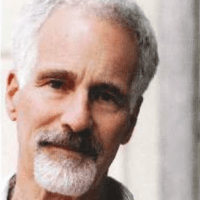Overview
I begin by describing a typical episode of pursuing and taking drugs based on my own experience of addiction during my 20s. This vignette demonstrates how thoughts about drugs and feelings of craving grow together in a person’s mind, until they finally give in. Then comes the loss and despair, and the cycle repeats itself. According to psychological theory, the attraction to the cycle of craving and the use of drugs increases over months and years. According to neuroscience, brain events follow a similar cycle, from perceptual triggers to the activation of motivational, cognitive, and behavioral systems, though structural changes in the brain emerge over longer periods. The universality and momentum of the addiction cycle stem largely from the action of dopamine, a neurochemical that narrows attention to immediate rewards and intensifies the desire to attain them. Focused desire–or craving–is also a key element in Buddhist models of suffering. Buddhist views map onto the neuropsychology of addiction surprisingly well: Craving and grasping lead to action, loss, and despair in a cycle that recurs time and time again. As drug use increasingly affects the brain, it becomes very difficult for addicts to look beyond the immediate goal and see the larger picture of their lives. To get out of this trap, addicts have to learn to trust in themselves rather than in drugs or alcohol. My presentation ends by considering the usefulness of making contact with a “higher self” that enables self-forgiveness and compassion, and weakens the intense attraction of immediate goals.
- Dialogue 2711 sessions
- October 28, 2013Dharamsala, Himachal Pradesh, India


